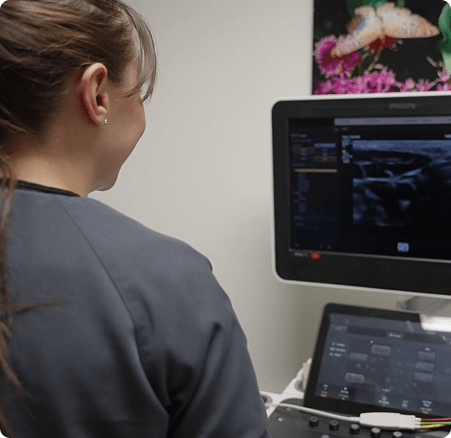
Atrial fibrillation reversal is possible. If you’re living with AFib, our team of Phoenix cardiologists can help you develop a comprehensive strategy that can lower your risk, or even reverse, this life-threatening condition.
Medications and ablation after an AFib diagnosis can only do so much: People who take a comprehensive approach to their treatment — with expert medical care that addresses key lifestyle, weight, and heart disease risk factors — see dramatically better results. An evidence-based Reverse AFib Program like ours can:
